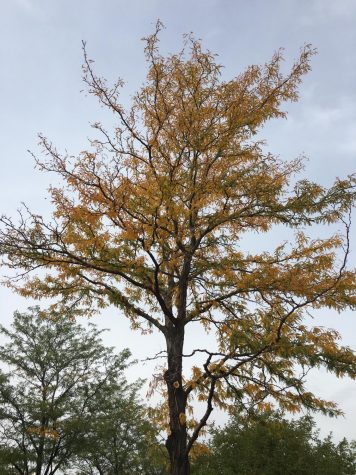Friends not food
Animals have been seen as food and not as living creatures for too long
Protecting the animals is a key to help our world move forward. Outside news (2021) states “An estimated 70 percent of all diseases, including one-third of all cancers, are related to diet. A vegetarian diet reduces the risk for chronic degenerative diseases such as obesity, coronary artery disease, high blood pressure, diabetes and certain types of cancer including colon, breast, prostate, stomach, lung and esophageal cancer.”
Since I was eight years old, I have been a vegetarian, and while it can be challenging to obtain food in our carnist culture, I have no regrets. Having a minimal ecological footprint is a priority for me. Maclnnis claimed that vegetarians can save many animals and acres of land annually while reducing their carbon footprint. Since we require so much land to raise cattle and grow their food, shifting to vegetarianism and veganism is the a good way we will be able to feed our expanding population.
even for growing children, a well-planned vegetarian diet can give all the necessary nutrients. Vegetarians generally have a lower risk of developing chronic diseases that disproportionately affect those in societies where meat consumption is highly valued (Overend, pg.79-.102). Vegetarians across the country reported feeling “more vibrant,” “more energetic,” “less aggressive,” “lighter,” “healthier,” “mellower,” and “less filled” after adopting a vegetarian diet.
Vegetarianism, in my opinion, lessens the need for logging and other forms of habitat devastation for animals. Henderman stated that animals consume 30% of the planet’s land area, most of which is utilized for grazing. Demand for more significant grazing areas results in the elimination of wildlife habitats. Deforestation can be slowed and wild animal habitats protected by reducing the need for meat. Deforestation is a severe threat to red panda ecosystems because it reduces food sources and splits populations up into little pieces that are separated by hostile environments. Being a vegetarian is one way to help clean up our waterways and seas. Waste from livestock production is a significant source of pollution, as it may poison waterways, erode topsoil, and release hazardous gasses into the air, all of which negatively affect wildlife and humans. Reducing meat consumption will have a knock-on effect of lowering livestock emissions. River otters in North America, like those in other parts of the world, can be negatively impacted by water pollution, influencing their ability to eat, raise healthy offspring, and reproduce.





